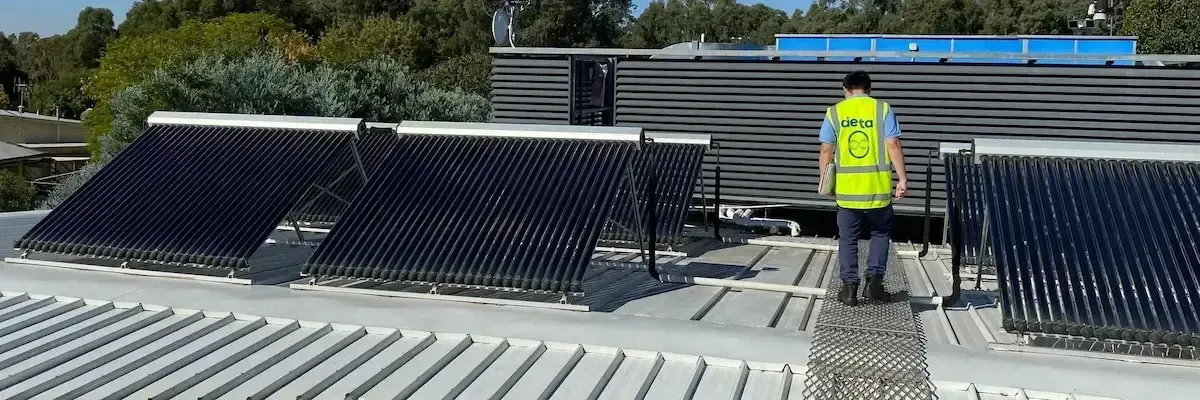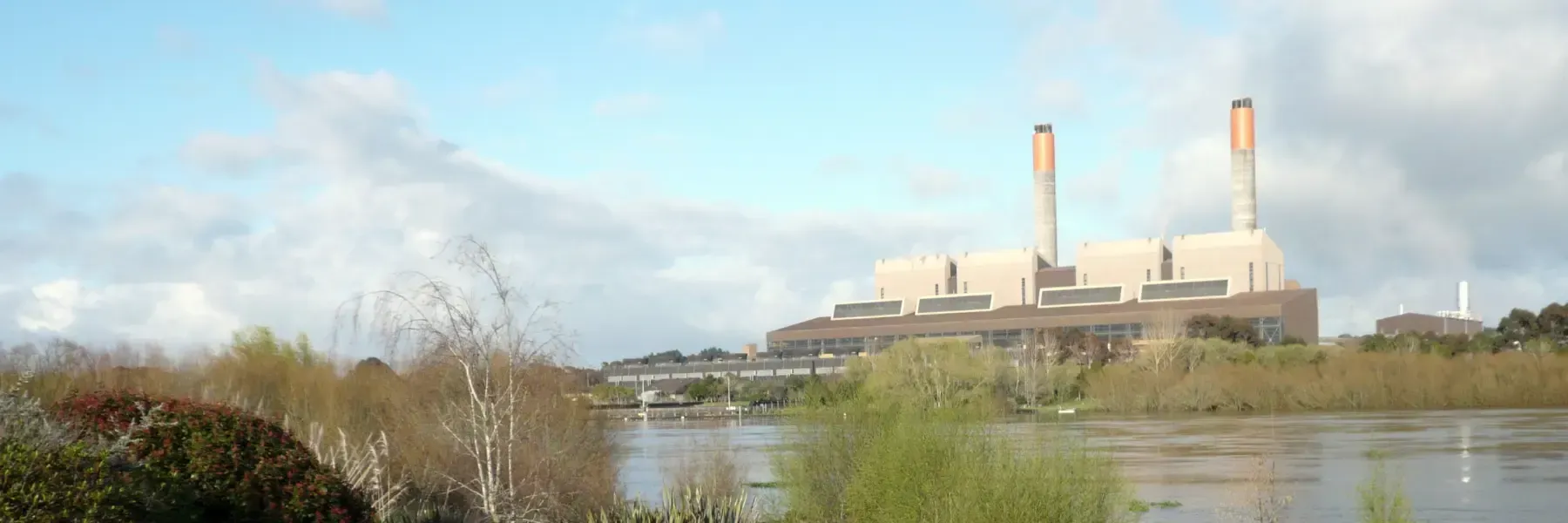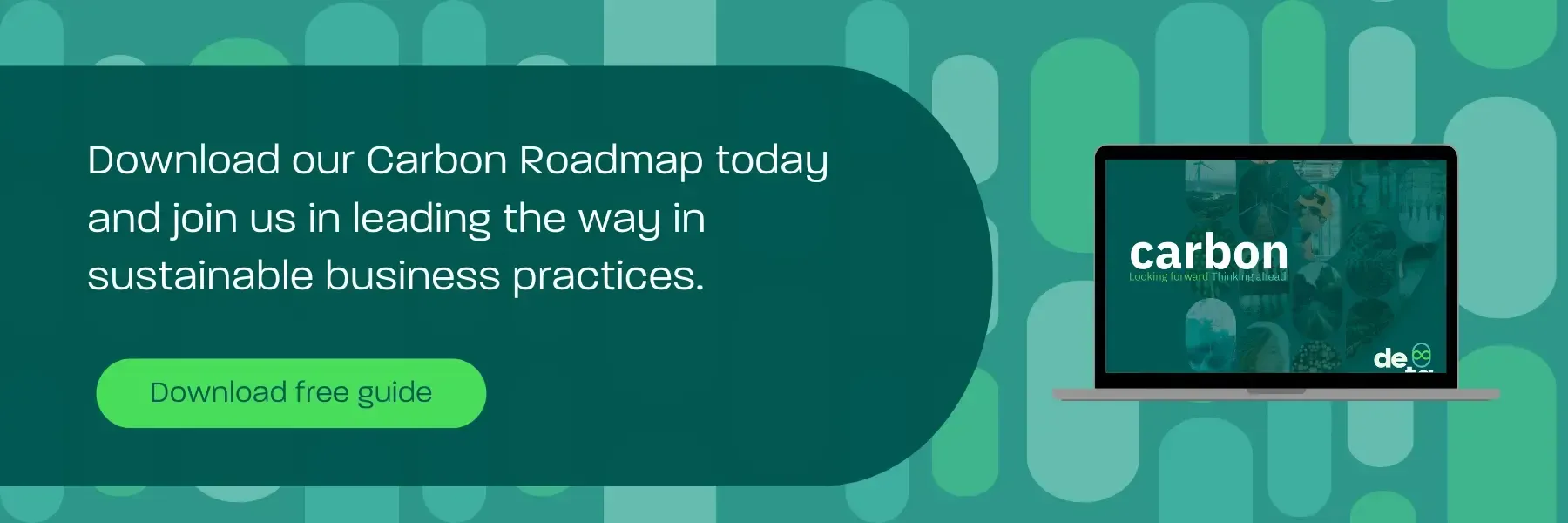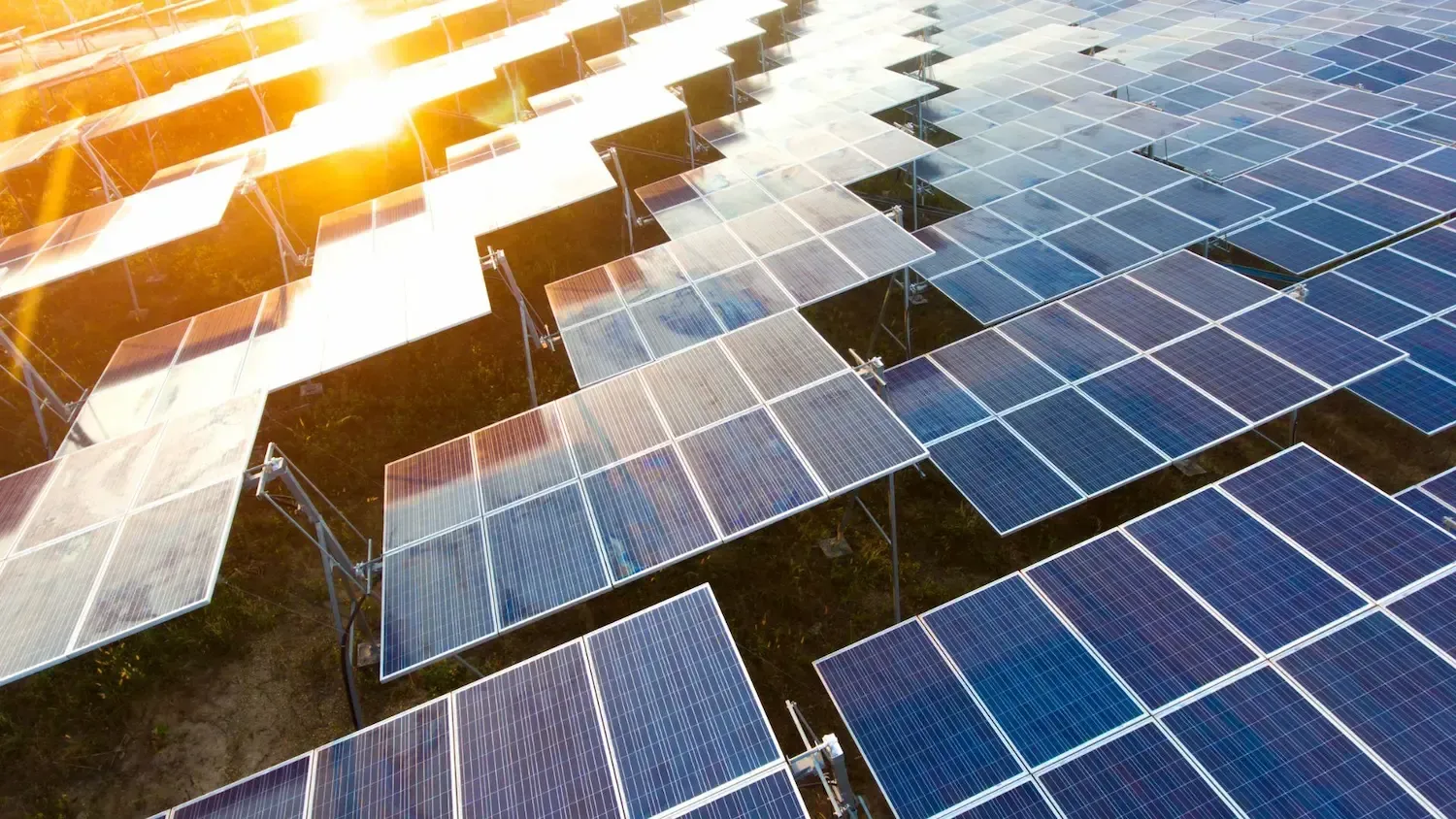New Zealand's energy crisis
Balancing security, equity, and sustainability in 2024
The 2024 Energy Trilemma Report is out. It addresses three key dimensions of global energy management:
- Energy security – ensuring a reliable supply and protecting against disruptions.
- Energy equity – ensuring access to energy at an affordable price for all.
- Environmental sustainability – reducing carbon emissions and preserving the environment for future generations.
While New Zealand’s energy system is still considered exemplary in many respects, our security score was significantly downgraded, underscoring some pressing challenges. The fact is New Zealand's energy production is facing significant challenges. Our gas sector is on the brink of a potential shortfall, and the electricity sector is struggling with rising peak demand and forecasting. The rise in energy prices is putting additional strain on businesses transitioning to electrified processes and consumers facing higher costs.
Let's take a closer look at what shape the sector is in.

The 2024 Energy Trilemma Report is out. It addresses three key dimensions of global energy management:
- Energy security – ensuring a reliable supply and protecting against disruptions.
- Energy equity – ensuring access to energy at an affordable price for all.
- Environmental sustainability – reducing carbon emissions and preserving the environment for future generations.
While New Zealand’s energy system is still considered exemplary in many respects, our security score was significantly downgraded, underscoring some pressing challenges. The fact is New Zealand's energy production is facing significant challenges. Our gas sector is on the brink of a potential shortfall, and the electricity sector is struggling with rising peak demand and forecasting. The rise in energy prices is putting additional strain on businesses transitioning to electrified processes and consumers facing higher costs.
Let's take a closer look at what shape the sector is in.
The 2024 Energy Trilemma Report - NZ’s energy woes
The report offers some sobering insights into our energy landscape. While we've consistently ranked among the top ten globally for balancing energy equity, security, and sustainability, the latest findings reveal some cracks in the armour. Some of the key findings include:
- Downgraded energy security score - it's taken a hit, because of issues in the gas and electricity sectors. It seems our energy resilience isn’t currently quite as robust as we might have hoped.
- Issues in the gas sector - there's no getting around it, this sector is in a bit of a pickle. Recent figures show an unwelcome 12.5% drop in gas production compared to earlier forecasts, with the first quarter of 2024 witnessing nearly a 28% plunge. It’s like our gas reserves decided to take an extended vacation.
- Rising peak demand and blackout risks - remember May 10? We were asked to voluntarily cut our power usage on the coldest day of the year. Hardly ideal.
- Strengths and weaknesses - despite these challenges, we are building out renewable capability fast, and we continue to excel in promoting environmental sustainability and energy equity. However, our weaknesses lie in energy security and maintaining a consistent energy supply. We need to address these vulnerabilities to enhance our overall performance in the trilemma.
New Zealand’s path to powering up
In light of the current energy crisis, energy conservation is a crucial strategy for mitigating the impact of our dwindling energy resources. It’s like turning off the lights when you leave a room, but on a much larger scale.
Current efforts and strategies for improving energy efficiency
To tackle these challenges, we're ramping up our efforts to enhance energy efficiency services and deliver sustainable solutions. The government and various organisations are pushing for more sustainable practices, including increased use of renewable energy sources like wind and solar. However, as Transpower’s former CEO Alison Andrews pointed out, the shift to intermittent generation methods requires robust support systems. This means investing in technologies like batteries and quick-start gas plants to meet peak demands.
In addition to these technical solutions, there’s a growing emphasis on smart grid technologies and demand response strategies to better manage energy loads and reduce strain on the system. There is significant value in finding innovative ways for energy users to have control over their usage and adopt flex strategies. Think of it as giving our energy grid a much-needed workout routine to stay in shape.
Role of businesses and consumers in energy management
Both businesses and residential consumers play an important role in this energy transition. For businesses, adopting energy-efficient technologies and practices can significantly reduce operational costs and contribute to overall energy conservation. It’s not just about upgrading to the latest green gadgets; it’s about making smarter energy choices every day.
You and I, on the other hand, can contribute by being mindful of our energy usage. Simple actions, such as reducing electricity consumption during peak hours and investing in energy-efficient appliances, can make quite a difference. Every small effort counts towards alleviating the strain on our energy systems and moving us closer to a more sustainable future.
What we need is a collective effort in energy conservation and efficiency. And who knows? We might even find ourselves with a bit of extra power to spare.

What does the future hold for NZ?
It looks like a mix of cautious optimism and urgent reform. According to John Harbord, Chair of the Major Electricity Users Group, the energy landscape is evolving, but not without its challenges. The move towards 100% renewable electricity is a commendable goal, but it comes with its own set of hurdles, such as the intermittent nature of geothermal, wind and solar power. Harbord suggests that while we may rely on a diminishing amount of gas-fired electricity for the next decade or two, the key to a successful transition lies in bolstering our energy infrastructure and investment.
To enhance energy security and sustainability, several recommendations are on the table:
- Reforming regulations - Harbord points out the need for significant reforms to the Resource Management Act (RMA) to facilitate the construction of new-generation projects. Streamlining these processes will help boost investor confidence and accelerate the development of new energy sources.
- Investing in fast-peaker stations - Transpower advocates these, which are crucial for meeting sudden spikes in demand. These stations, often gas-fired, can start producing power within minutes. However, the challenge lies in the high costs and diminishing gas supplies.
- Expanding renewable energy - we need the geothermal, wind and solar farms. To address the intermittency issues, it's important to complement these with large-scale batteries and flexible loads to store renewable energy and release it during peak demand periods.
How DETA Can Help
We have proven expertise in helping organisations control their energy use, which is vital during this energy transition. We can help businesses develop tailored strategies to enhance their energy conservation efforts.
Our services include:
- Energy efficiency assessments - identifying opportunities for reducing energy consumption and costs.
- Green energy initiatives - assisting in the integration of renewable energy sources into your operations.
- Regulatory guidance - helping untangle the complexities of new regulations and compliance requirements.
By partnering with DETA, you can be sure that your energy strategies are not only aligned with current best practices but also future-proofed against evolving challenges.
So, while our commitment to sustainability and equitable energy access remains strong, our energy security is facing serious challenges. It’s time to roll up our sleeves and tackle these issues head-on. And remember, every great recovery starts with acknowledging the problem — and we’re on the way.
Keen to learn more about how we can help you control energy use, reduce your carbon footprint and deliver energy improvement projects?
Let's talk.






